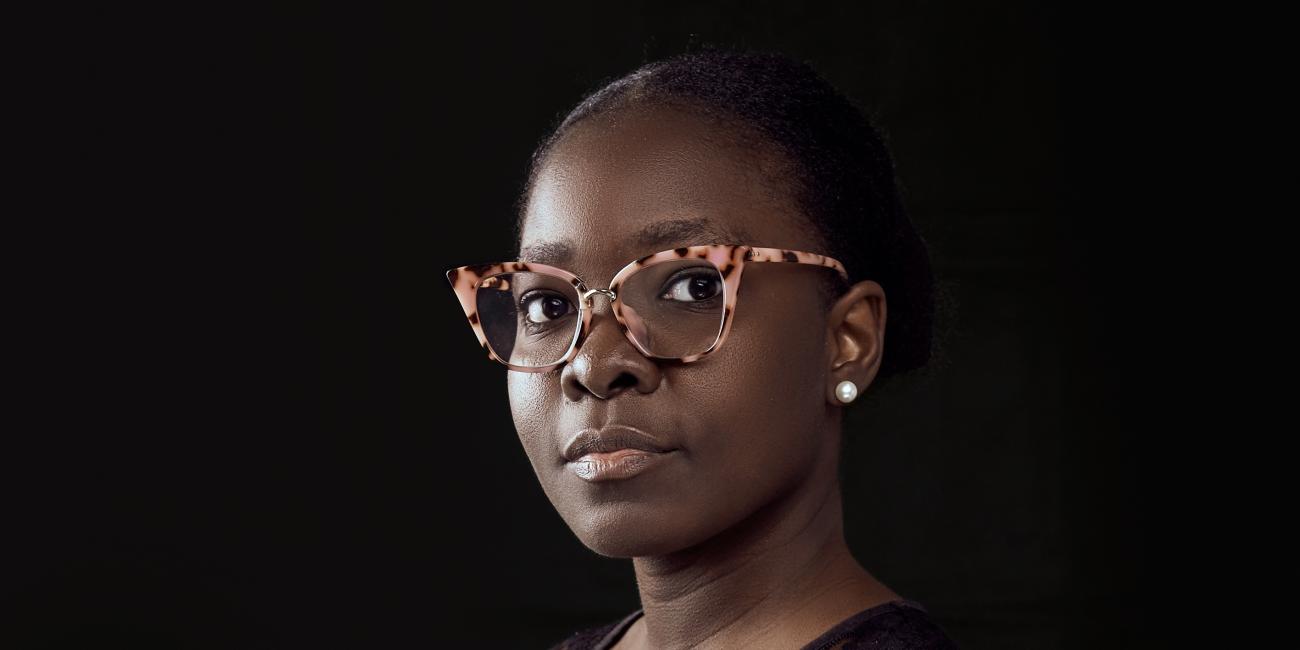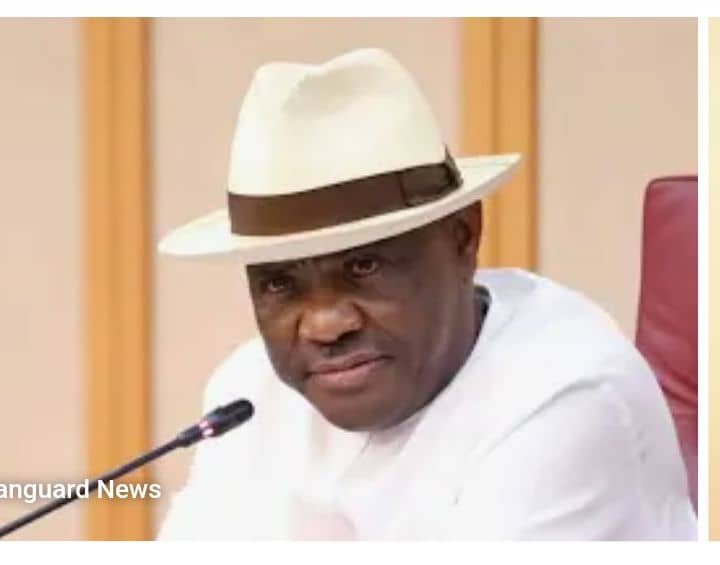Once upon a time, we raised men to be strong. Now, we are watching those very men break—silently, violently, and publicly—under the weight of emotional repression. The recent social media storm around 25-year-old Nigerian influencer Enioluwa Adeoluwa weeping at his best friend Priscilla’s wedding is more than a trending topic. It is a national reckoning. A cultural mirror. A cry for help—one that sounds suspiciously like silence.
In what should have been a moment of beauty and brotherhood, Enioluwa’s open display of emotion was met not with empathy, but with cruelty.
One comment read:
“Men used to fight lions and tigers. Now we have Enioluwa crying like a woman on her period.”
Another:
“When I have a son, I’ll break bottles on his head so he knows what it means to be a man.”
These are not punchlines. They are symptoms—of a society where masculinity is a performance, not a person. And it’s destroying us.
THE EMOTIONAL HANDCUFFS OF MANHOOD
From childhood, Nigerian boys are programmed to equate strength with silence. “Be a man” becomes a death sentence for emotional expression. Grief, fear, tenderness—all are labeled as weakness. Instead of being taught how to feel, boys are taught how to fake. Instead of learning to process pain, they learn to bury it.
But the human spirit does not forget. Suppressed emotions resurface. They erupt as violence, addiction, rage, depression—and sometimes, as deadly silence.
A MOMENT OF LOVE, TWISTED INTO SHAME
Enioluwa wasn’t just crying. He was grieving change. He was honoring friendship. He was doing something radical in Nigerian culture: being emotionally present. But the backlash was immediate and brutal.
People questioned his masculinity. Accused him of being too soft. Assumed he must have been sleeping with his friend to cry like that. Because, in the minds of many, men cannot express affection without sex. Vulnerability without weakness. Emotion without emasculation.
This thinking is not just flawed—it is dangerous. It deprives men of real human connection. It teaches them to devalue intimacy unless it’s transactional. It turns friendship into suspicion and love into currency.
THE HIGH COST OF EMOTIONAL ILLITERACY
The price we pay for toxic masculinity is steep. Emotionally unavailable men become emotionally absent fathers. Husbands who can’t love, because they never learned how. Friends who ghost when feelings get too real. Men who numb with alcohol. Men who explode when touched by pain. Men who die silently by suicide because they were never taught how to ask for help.
This is not strength. This is suffering—dressed in silence and called manhood.
WE NEED A NEW DEFINITION OF STRONG
True strength is not measured by how much pain you can hide. It’s in your ability to feel, to express, to connect. A man who cries is not weak—he is human. A man who weeps for his friend is not soft—he is whole.
We need to raise a new generation of boys who are free to feel. Boys who grow into men who can cry, who can comfort, who can be kind to themselves and others. Men who understand that vulnerability is not shameful, but sacred.
THIS IS MORE THAN ENIOLUWA’S STORY. IT’S OURS.
His tears opened the floodgates of a long-overdue conversation. A spotlight has been thrown on a broken blueprint of masculinity that no longer serves us—if it ever did.
We can no longer afford to pretend that silence is strength.
We must build a culture where men can heal.
We must raise sons who aren’t afraid of their softness.
We must create a world where men can cry—and still be seen as men.
No more broken bottles.
No more bleeding crowns.
No more suffering in silence.
Let us raise not just strong men, but whole men.





